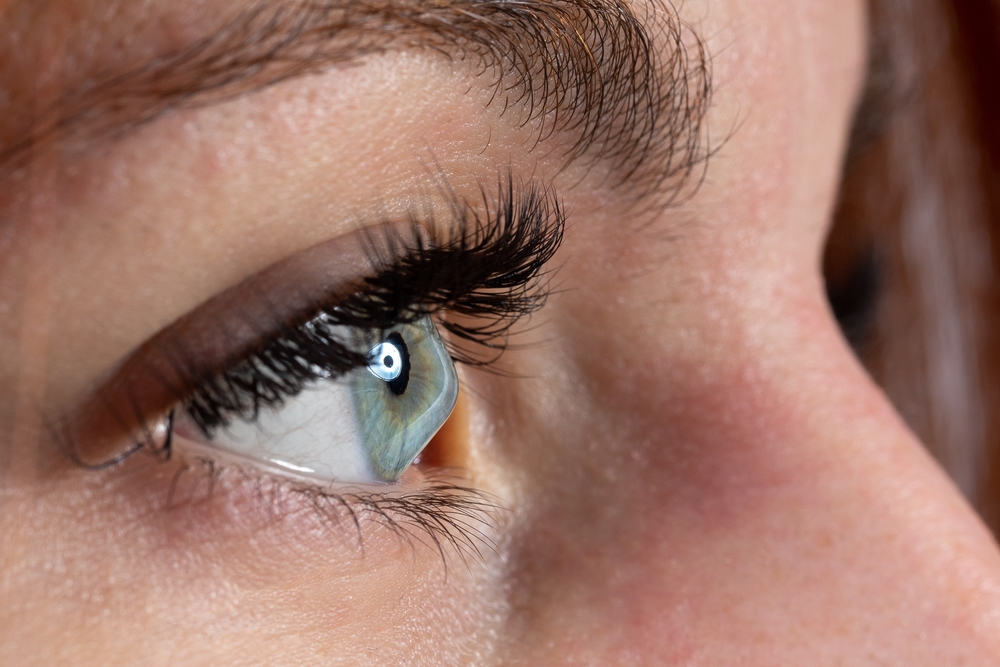
Keratoconus is an eye condition that can gradually change the way you see the world, often starting with subtle symptoms that are easy to miss. Because early intervention is so important, understanding what to look for can help protect your vision over time.
What Is Keratoconus?
Keratoconus occurs when the normally round cornea (the clear front surface of the eye) thins and gradually bulges outward into a cone shape. This irregular shape prevents light from focusing correctly on the retina, leading to distorted and blurry vision. While the exact cause is unknown, genetics, eye rubbing, and certain medical conditions can increase the risk.
Common Early Signs and Symptoms
Keratoconus often begins during the teenage years or early adulthood, but the early signs can be subtle and easily overlooked. Here are some of the most common early symptoms:
- Blurry or Distorted Vision: You may notice that your vision seems hazy, wavy, or out of focus, even with your current glasses or contact lenses.
- Frequent Changes in Prescription: If you need new glasses more often than usual, or your prescription changes rapidly, it may be an early indicator.
- Increased Sensitivity to Light: Bright lights may cause discomfort, glare, or halos, especially at night.
- Difficulty Seeing at Night: Night driving or seeing in low-light conditions may become more challenging.
- Eye Irritation or Strain: Some people experience mild redness, irritation, or a sensation of having something in their eye.
- Double Vision in One Eye: You might notice ghost images or double vision when looking out of just one eye.
The Importance of Early Detection
Because keratoconus can progress slowly, regular comprehensive eye exams are essential. Early detection allows your eye doctor to monitor any changes in the shape or thickness of your cornea. Specialized diagnostic equipment can identify even the earliest signs, long before symptoms become noticeable. Early intervention can help slow the progression and preserve your vision.
How Specialty Contact Lenses Can Help
For many people with keratoconus, standard glasses or soft contact lenses may not provide clear vision. Instead, specialty contact lenses such as rigid gas permeable (RGP) lenses, scleral lenses, or custom-designed hybrid lenses are often recommended. These lenses create a smooth, even surface over the irregular cornea, helping to correct distorted vision and improve comfort.
Get Expert Keratoconus Care at Advanced Eye Care and Optical
Spotting the early signs of keratoconus is the first step toward protecting your vision. If you’ve noticed frequent prescription changes, blurred vision, or increased light sensitivity, don’t ignore these symptoms. Our team has the expertise and advanced technology to diagnose and manage keratoconus, offering tailored solutions to help you see your best.
If you have concerns about your vision or a family history of keratoconus, schedule a comprehensive eye exam with Advanced Eye Care and Optical for personalized treatment. Visit our office in Jacksonville, Florida, or call (904) 996-1533 to book an appointment today.








